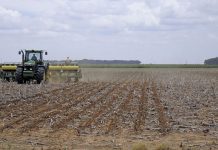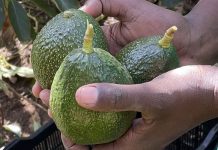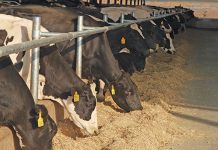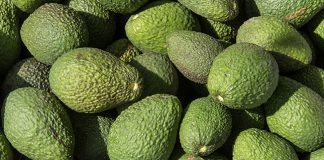
Photo: PickPic.com
The call was made after a recent report by market research company Ipsos, which was commissioned by BATSA, brought to light that 59% of the more than 4 600 stores visited by researchers sold illicit tobacco products, with prices as low as R5 for a pack of 20 cigarettes.
This, even though the minimum collectible tax on a pack of 20 cigarettes amounts to R25,05 (excise amounts to R21,78 plus R3,27 for VAT on excise), and the lowest economically viable price for which a box of 20 cigarettes can be legally sold is estimated at R32 per pack.
READ Mastering hemp cultivation: best practices for growers
The study found that 42% of the stores sold a pack of 20 cigarettes for R20 and below; 59,3% sold it for R25,05 and below; and 72% sold it for R31,43 and below.
The findings indicated that Gold Leaf Tobacco Company had doubled down on an aggressive pricing strategy, with 79% of its brands available for less than the minimum collectable tax, compared to 28% in 2021. Sixty-four percent of its products retail for R20 and below.
Afroberg was found to sell 46% of its portfolio products for R20 and below, and 71% for R25,05 and below. Callinex sold 70% of its product at R20 and below and 88% at R25,05 and below. BATSA, in contrast, sold 0,4% of products retailed for R20 and below, while 1% retailed at R25,05.
The study also revealed numerous new manufacturers, such as Bozza Tobacco, Harrison Tobacco and Alpha 108 had a high prevalence of products priced at below the R25,05 mark, adding pressure to the market.
Johnny Moloto, area head of corporate and regulatory affairs for BAT Sub-Saharan Africa, said in a press statement that the entrance of new players raised serious concerns over government’s commitment to addressing illicit trade: “Nothing justifies the licensing of new manufacturers in a sector already ravaged by high levels of non-compliance, without conducting proper due diligence.”
BATSA estimates that government will continue to lose R24 billion in excise revenue if government does not clamp down on illegal trade and called for immediate forensic audits of all tobacco factories in the country, including their own.
Moloto said: “A core group of manufacturers have consistently supplied large quantities of cigarettes at prices well below minimum collectable tax over the entire three-year period since 2021, clearly indicating that these manufacturers were not using a loss-leader discount strategy, as it would be commercially impossible to stay in business if all taxes were paid.
“Their bargain basement prices for such a sustained period, in our view, point to the possibility that they likely do not pay all taxes due.”
The organisation also wants the minister of finance to introduce a minimum retail price for tobacco, which would make it illegal to sell cigarettes for less than a stated amount and make it easier for law enforcement agencies to enforce and prosecute illicit trade.
In addition, it called for the hawks to prioritise investigating and prosecuting complex crimes such as these, and the national prosecuting authority to do everything in its power to secure convictions to signal the new government’s clear intent to “step up the fight against crime and corruption”.
Illicit tobacco sales had taken a huge toll on the number of emerging farmers supplying BATSA with tobacco.
READ Major stock theft crackdown brings relief to Eastern Cape farmers
Moloto pointed out that BATSA spent about R13 million on 168 emerging farmers for tobacco and vegetable production in 2018/2019, which shrank to about R8,2 million spent on 79 farmers for tobacco and vegetable production in 2022. In 2023, the company spent R2,2 million to support 79 growers to produce vegetables.
“We did not buy any tobacco from our emerging farmers last year, but still supported them with R2 200 000 to grow vegetables as we felt that we could not just abandon them. Unfortunately, vegetable production is more risky and less profitable than having the ability to grow food on contract, as they were able to do with us, while receiving production support and guarantees against losses.”
He said commercial growers were negatively affected by illicit trade, but the impact was less severe as it was easier for these farmers to access the formal market for other crops.











